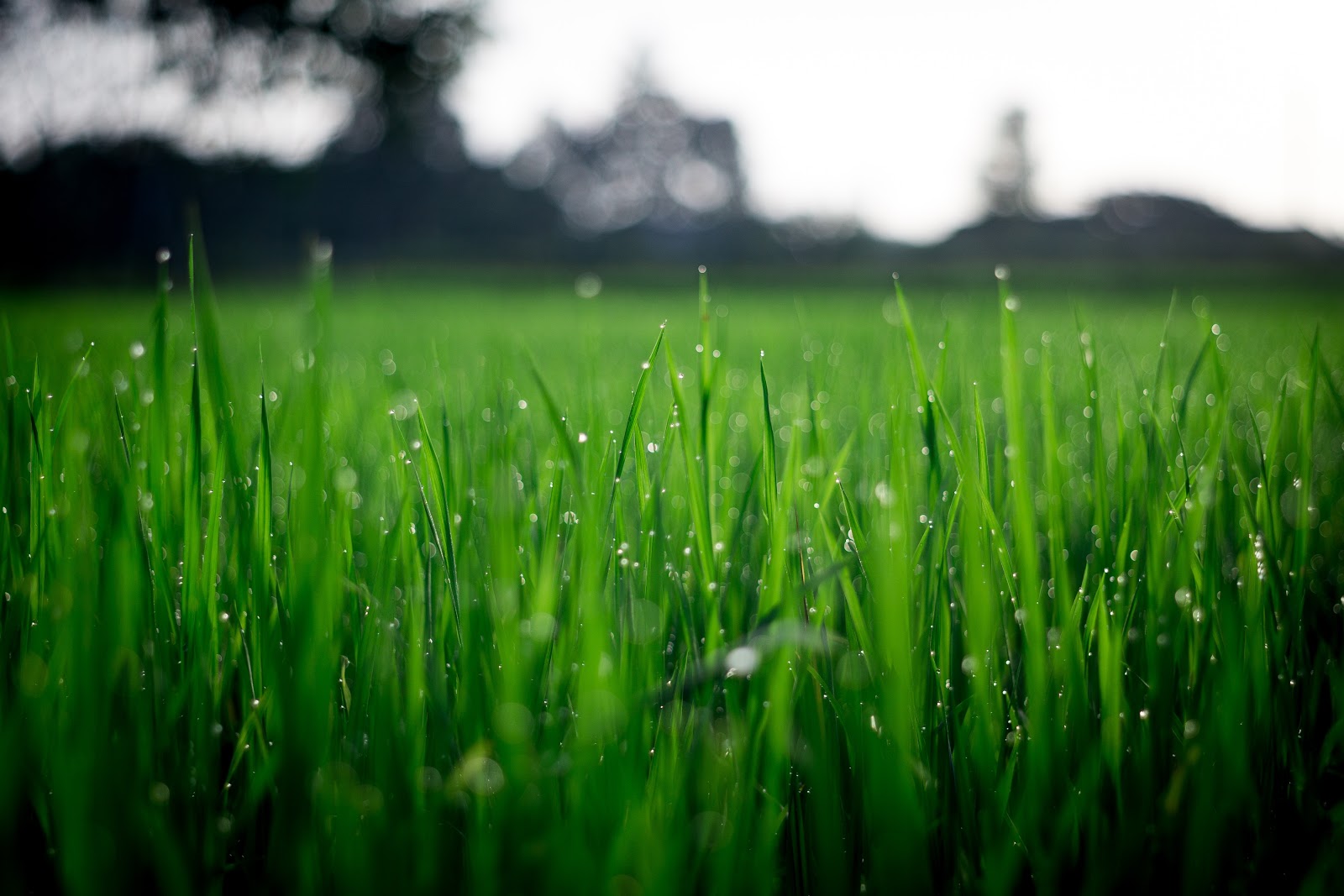Learn How to Grow...
Pure, Natural, Homegrown and Wholesome Vegetables...
Jacki Cammidge is a participant in the Amazon Services LLC Associates Program, an affiliate advertising program designed to provide a means for sites to earn advertising fees by advertising and linking to amazon.com. Other links on this site may lead to other affiliates that I'm involved with, at no extra cost to you.
Imagine; biting into a tomato or a peach, right out of the garden, still
warm from the sun; it explodes in your mouth with a sweet and juicy
taste, unlike anything you've ever tasted before.
What can this be? An organically grown fruit or vegetable?
It's ambrosia!
But an organic vegetable garden is more than just a place to
produce food – it’s also a sanctuary, and a haven. When you're not concerned about contamination by chemicals and pesticides, the stress and worry drains away.
Many gardeners report a feeling of peace and tranquility like nothing else when they’re in their own Garden of Eden. The spiritual side of organic gardening cannot be ignored.
Featured pages you won't want to miss:
Sustainability is a huge concept to wrap your head around.
Just because you buy ‘organic’ vegetables at the store, it doesn’t mean they got to your table sustainably.
They may have traveled long distances by plane, or in a refrigerated truck.
How is that sustainable?
High embodied energy (the energy it takes to grow, harvest and deliver your food) is an unacceptable side effect of this huge industry. Bring it home, and grow at least some of your own produce to reduce your carbon footprint.
You can be sustainable in other ways too; by producing your own fertilizers – honestly, it’s easy!
Learning how to make black gold out of what would otherwise be taken to the landfill is a fascinating process, even if it is a bit icky.
Once you see the beautiful healthy vegetables that you can produce with it, you'll be hooked.
Autumn
Cooler nights, warm days. - the perfect weather for building compost, preparing beds for another season, and getting ready for the season of dormancy and renewal.
Don’t get sucked in to the hype about buying pre-packaged organic fertilizer; some are brought incredibly long distances by boat from the bat caves of South America.
With the high embodied energy the cost to the environment is too much.
Stick closer to home to find some valuable, and economical alternatives - worm farming is the perfect small scale way to produce some great natural fertilizer; worm castings.
After years of growing vegetables in the Chilcotin, a harsh, arid
and high altitude climate, now I live in southernmost British Columbia in
Kootenay Boundary country. These two completely different climates lend themselves to unique methods to produce the same crops.
With a wide range of experience, I'll help you get started with your organic vegetable adventure.
Whatever your climate, your energy level, the time you have available to garden, and your level of expertise, you'll find out about all kinds of methods to suit whatever your situation is; grow in a raised bed in a community garden, or in salvaged pots and bags on your balcony.
Wherever you can find a spot in the sunshine and fresh air, garden with O Garden and Mother Nature.
See more on this Pinterest Board:
To find out more about my secret method of insulated worm farming, sign up for the Composting E-Course (your free bonus when you subscribe to Out in the O-Garden Newsletter).
Get the free Composting E-Course delivered right to your inbox and learn tips and tricks to get your compost to work the first time.
Get started now; fill out the form;



